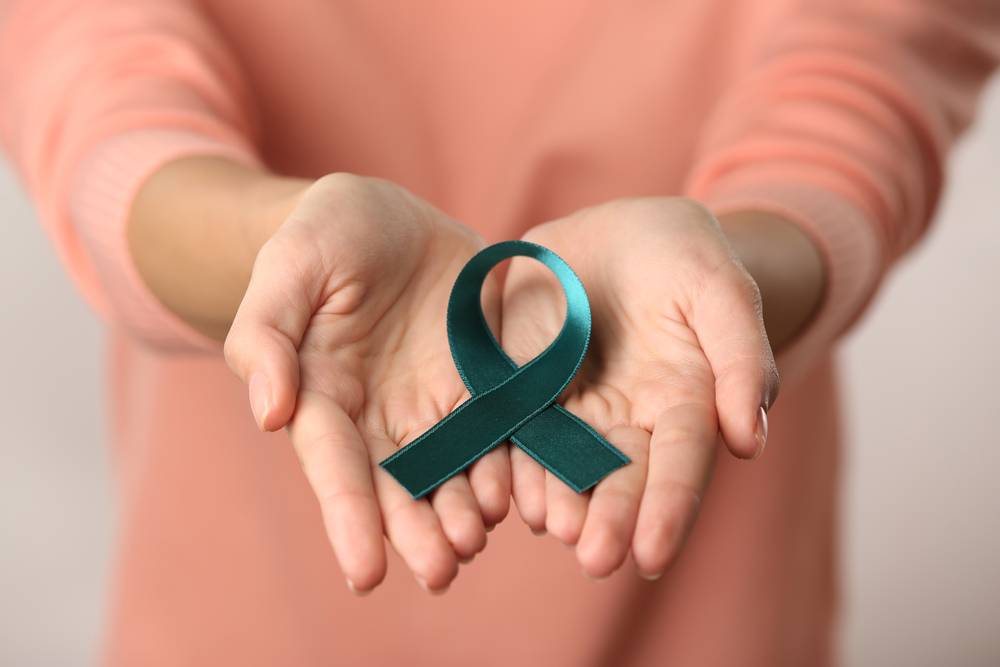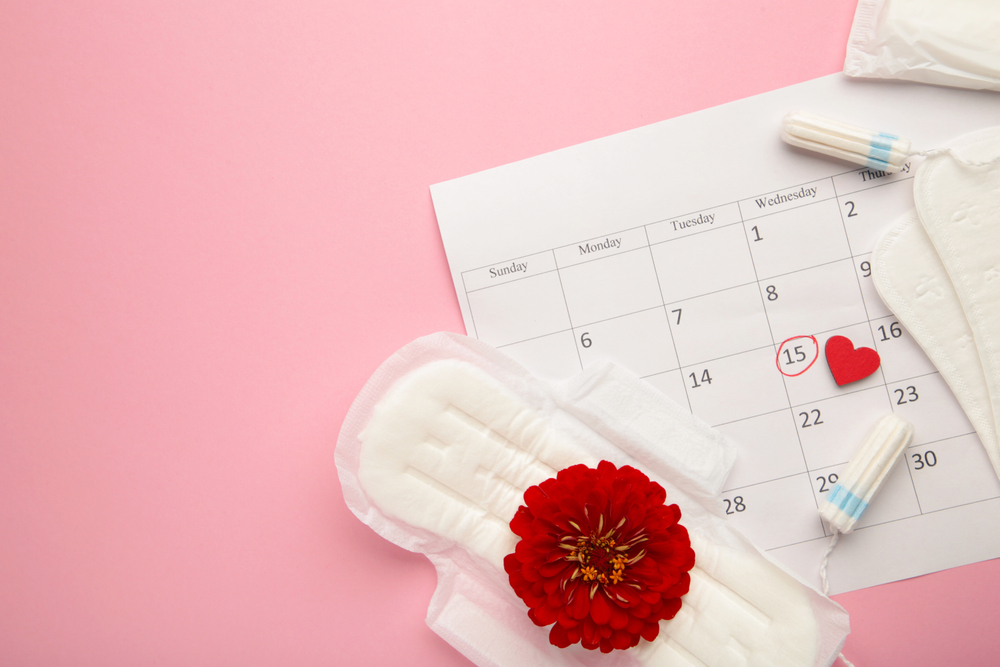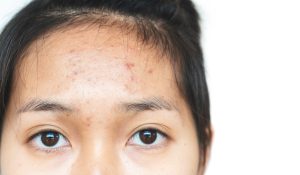Dealing with menstruation symptoms is a monthly ritual for approximately 2 billion women in Asia. Despite all these collective experiences, you might still have many questions about menstruation yet are too shy or embarrassed to ask. In this article, you can find out some common questions by other women and what are the answers to them.
PSA: Medical Channel Asia (MCA) is now on Telegram! Join us here https://t.me/MedicalChannelAsia for daily reads and the latest updates at your fingertips!
Can Exercise Affect Menstruation?
Exercise and diet changes can lead to hormonal changes and would affect your menstrual period. If you have not exercised for some time and you wish to start again, it is recommended to start off slow and increase gradually to avoid hormonal fluctuations. Avoid starting exercise fast and furious, especially if you have not exercised for a long time.
When Is Irregular Bleeding A Cause Of Concern?
If you have irregular bleeding in between your periods, do take note of the time of bleeding with respect to your cycle. If you get 1 or 2 days of spotting in the middle of your cycle (about the midpoint) every month, that is quite normal. This is due to ovulation and is also known as ovulation spotting. You do not need to be worried if you experience such bleeding at the midpoint of your cycle.
-
Cervical Cancer

On the other hand, if you experience bleeding or spotting at any other points of the cycle, and if you are sexually active, you should go to a doctor and get a pap smear. A Pap smear involves collecting cells from your cervix, which is the lower, narrow end of your uterus that is at the top of your vagina. By doing a pap smear, your doctor can make sure that there are no abnormal cells in your cervix and would be able to rule out any possibility of cervical cancer.
-
Cysts
Other than cervical cancer, abnormal bleeding could also be due to cysts. Cysts form when the healthy cells cover the mucus-producing glands in your cervix, creating a barrier that traps the mucus inside the gland. With nowhere to escape, the mucus swells inside the gland, resulting in cysts. Fortunately, cysts are not cancerous.
Is there a way to stop or skip periods?
You can use birth control pills to stop your periods. You have to take the pills back to back and skip the one week pill-free period or one week of inactive pills in your pill pack. Start right away on the new pack. Continuous usage of these combination pills of oestrogen and progesterone can help you to stop or skip your period.
However, there is still a threshold. Some people can delay their period for up to 3 to 4 months, while some can only delay their period for less than a month. It depends on the individual. Oestrogen-progesterone pills help to build up your uterine lining, so your lining would not shed and cause menstruation. Nonetheless, there comes a point where the medication can no longer hold up the uterine lining, resulting in shedding and menstruation. It might not be a full-blown period but you can have this irritating spotting for many days.
What Is A Normal Period?
Women are all different and it is hard to compare to each other. Instead, consistent menstrual flow and cycle length are more important. As long as your menstrual flow is what you have always been experiencing and the cycle length is what you have always been having, that will be your normal.
Conclusion
Menstruation is part of a series of changes a female body goes through every month. The lining of the uterus becomes thicker and richer in blood vessels to prepare for a possible pregnancy. However, if pregnancy fails to occur, the uterine lining is shed, accompanied by bleeding. Understanding your own menstrual cycle is empowering since it helps you in family planning, managing any menstrual symptoms, and being alert when there might be a health issue. For most women, menstruation happens in a fairly predictable pattern. However, if you have any uncomfortable conditions or if you are curious about your female health, do reach out to a professional so they can advise you accordingly.
–
Check out more from Dr Genevieve’s Women’s Health Chats, on vaginal health and contraception!












